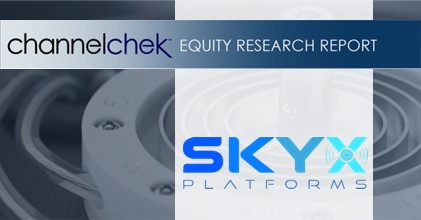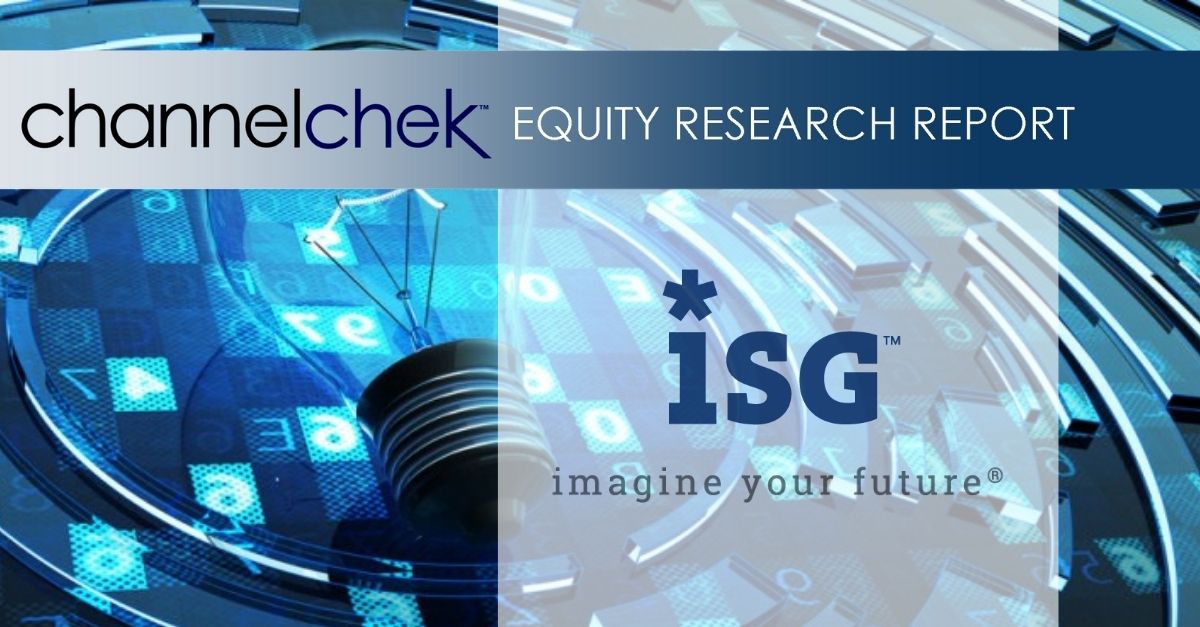Research News and Market Data on SKYX
October 01, 2025 08:35 ET | Source: SKYX Platforms Corp.
SKYX is Expected to Supply Over 10,000 Units Including its Advanced Smart Plug & Play Technologies comprising Ceiling Lighting, Ceiling Fans, Recessed Lights, Down Lights, EXIT Signs, Emergency Lights, Indoor and Outdoor Wall Lights Among Other Advanced Smart Products
Landmark Companies are Prominent Developers with 27 Years of Experience Building Tens of Thousands of Units Specializing in Modern Homes and Buildings with Over 3000 Units in Development in Texas, Florida, and Colorado, Among Other Locations
SKYX and Landmark are Expected to Collaborate on Additional Upcoming Landmark Projects
MIAMI, Oct. 01, 2025 (GLOBE NEWSWIRE) — SKYX Platforms Corp. (NASDAQ: SKYX) (d/b/a SKYX Technologies) (the “Company” or “SKYX”), a highly disruptive platform technology company with over 100 pending and issued patents globally and over 60 lighting and home décor websites, with a mission to make homes and buildings become safe and smart as the new standard, today announced that it will supply its advanced smart plug and play technologies to a 278-apartment project in the Austin Manor area in Texas. The 278-apartment project is led by prominent developers Landmark Companies. The project will feature a wide range of amenities, including swimming pools, a state-of-the-art gym, modern meeting conference facilities, and landscaped green spaces, among others.
SKYX is expected to provide over 10,000 units of its advanced and smart plug & play technologies, including ceiling lighting, recessed lights, downlights, wall lights, EXIT, and EMERGENCY lights, plug-in LED backlight mirrors among other SKYX products.
Landmark Companies are prominent developers with 27 Years of experience building tens of thousands of units specializing in modern homes and buildings in Texas, Florida and Colorado, among other locations.
Julia Baytler, CEO of Landmark Companies, said; “We are excited to collaborate with SKYX to bring their innovative technologies into our Austin Manor project. At Landmark, our focus has always been on creating modern, high-quality living spaces that enhance the daily lives of our residents. By integrating SKYX’s advanced plug-and-play solutions, we are raising the standard of safety, convenience, and design for our communities, and we look forward to expanding this collaboration across future developments.”
For information about Landmark Companies projects Click Here
www.landmarkcompanies.us
Rani Kohen, Founder and Executive Chairman, of SKYX Platforms, said; “We are very pleased to be working with prominent developers like Landmark Companies. We look forward to collaborating with them to enhance home values while creating safer, more advanced, and smarter buildings for the future.”
To view SKYX’s Technologies demo video Click Here
About SKYX Platforms Corp.
As electricity is a standard in every home and building, our mission is to make homes and buildings become safe-advanced and smart as the new standard. SKYX has a series of highly disruptive advanced-safe-smart platform technologies, with over 100 U.S. and global patents and patent pending applications. Additionally, the Company owns over 60 lighting and home decor websites for both retail and commercial segments. Our technologies place an emphasis on high quality and ease of use, while significantly enhancing both safety and lifestyle in homes and buildings. We believe that our products are a necessity in every room in both homes and other buildings in the U.S. and globally. For more information, please visit our website at https://skyplug.com/ or follow us on LinkedIn.
Forward-Looking Statements
Certain statements made in this press release are not based on historical facts but are forward-looking statements. These statements can be identified by the use of forward-looking terminology such as “aim,” “anticipate,” “believe,” “can,” “could,” “continue,” “estimate,” “expect,” “evaluate,” “forecast,” “guidance,” “intend,” “likely,” “may,” “might,” “objective,” “ongoing,” “outlook,” “plan,” “potential,” “predict,” “probable,” “project,” “seek,” “should,” “target” “view,” “will,” or “would,” or the negative thereof or other variations thereon or comparable terminology, although not all forward-looking statements contain these words. These statements reflect the Company’s reasonable judgment with respect to future events and are subject to risks, uncertainties and other factors, many of which have outcomes difficult to predict and may be outside our control, that could cause actual results or outcomes to differ materially from those in the forward-looking statements. Such risks and uncertainties include statements relating to the Company’s ability to successfully launch, commercialize, develop additional features and achieve market acceptance of its products and technologies and integrate its products and technologies with third-party platforms or technologies; the Company’s efforts and ability to drive the adoption of its products and technologies as a standard feature, including their use in homes, hotels, offices and cruise ships; the Company’s ability to capture market share; the Company’s estimates of its potential addressable market and demand for its products and technologies; the Company’s ability to raise additional capital to support its operations as needed, which may not be available on acceptable terms or at all; the Company’s ability to continue as a going concern; the Company’s ability to execute on any sales and licensing or other strategic opportunities; the possibility that any of the Company’s products will become National Electrical Code (NEC)-code or otherwise code mandatory in any jurisdiction, or that any of the Company’s current or future products or technologies will be adopted by any state, country, or municipality, within any specific timeframe or at all; risks arising from mergers, acquisitions, joint ventures and other collaborations; the Company’s ability to attract and retain key executives and qualified personnel; guidance provided by management, which may differ from the Company’s actual operating results; the potential impact of unstable market and economic conditions on the Company’s business, financial condition, and stock price; and other risks and uncertainties described in the Company’s filings with the Securities and Exchange Commission, including its periodic reports on Form 10-K and Form 10-Q. There can be no assurance as to any of the foregoing matters. Any forward-looking statement speaks only as of the date of this press release, and the Company undertakes no obligation to update or revise any forward-looking statements, whether as a result of new information, future events or otherwise, except as required by U.S. federal securities laws.
Investor Relations Contact:
Jeff Ramson
PCG Advisory
jramson@pcgadvisory.com














